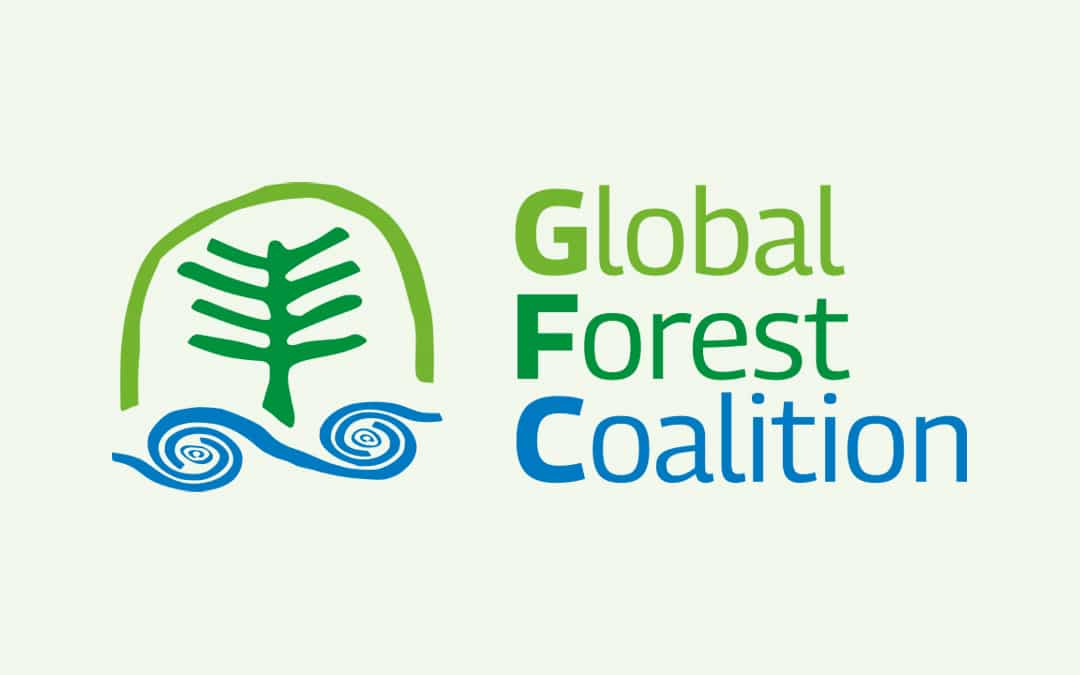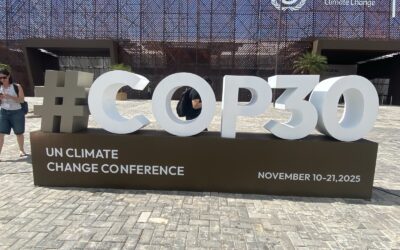Dartmouth College
Climate Justice Research Project
CLIMATE JUSTICE RESEARCH PROJECT SCHOLARLY NOTE
REDD & REDD+1
Agreement between Parties on supporting Reducing Emissions from Deforestation and Degradation (REDD) projects is often cited as the most substantial outcome of COP15. While it remains inappropriate to address a problem with a solution that stems from the same basic principles, (i.e., demonstrably failed neoliberal policy measures) REDD remains a reality for being implemented as a “solution” to climate change. Therefore, it is essential to pay great attention to the very real, disastrous potentials of REDD/REDD+ and move towards policies that truly benefit local and indigenous communities, longstanding and too often marginalized stewards of forests. A review of the scholarly literature by the Dartmouth Climate Justice Research Project (CJRP) compels us to flag concerns on REDD and REDD+ accordingly as below.
Top Ten Disasters to Heed from REDD/REDD+ projects:
1. Calculation of offsets is highly sensitive to choice of baseline methods and data availability, raising the potential for fraudulent “hot air” resulting from corruption
2. There is a severe lack of environmental safeguards in place to protect affected communitie or to avoid biodiversity loss beyond project boundaries
3. REDD forest definitions can encourage plantation forestry, leading to mono-cropping and food insecurity.
4. There is a severe lack of genuine community participation in project planning, implementation, monitoring, and evaluation
5. A lack of consultation with people affected by REDD projects means individuals affected often do not receive benefits and are further impoverished
6. REDD can create pressures for recentralization of forest governance, undermining the social, ecological, and carbon benefits of traditional forest management and the customary rights livelihoods of forest-dwelling peoples while encouraging corruption
7. REDD adopts a neoliberal approach that tries to solve the problem with the same practices that caused it in the first place, failing to address the fundamental issue of consumption that drives environmental degradation and which will continue to drive deforestation if unaddressed
8. REDD-style projects displace communities without effective resettlement plans, leading to increased poverty, marginallization, cultural loss, food insecurity, loss of eduction, etc., that are unlikely to be compensated due to corruption and capture of benefits by elites
9. The UN Declaration on the Rights of Indigenous Peoples is not legally binding, and prominent REDD proponents, such as the United States, either voted against it or abstained, suggesting little commitment to efforts to improve REDD protections for indigenous peoples or even grant them the right of free, prior, and informed consent that is essential for protection of their rights and project effectiveness
10. Because of its weaknesses, REDD is primed to become part of the “last great land grab” on the part of corrupt elites taking advantage of insufficient protection of customary rights




